Tunisia
Local and international non-governmental organizations (NGOs) in Tunisia have kicked against a proposed ‘economic reconciliation’ bill that will provide amnesty for public officials and state employees for acts relating to corruption and misuse of public funds.
The bill, proposed by president Beji Caid Essebsi last year also seeks provide amnesty to businessmen and former members of deposed president Zine El Abidine Ben Ali’s administration who are standing trial for corruption by allowing them to refund the monies instead.
Chairman of the Independent National Coordination of Transitional Justice, Omar Safraoui told a press conference that “this project is dangerous. It’s adoption will damage the image and reputation of Tunisia”.
The Tunisian government adopted the draft law on “Reconciliation in the Economic and Financial Sectors” on July 14, 2015 and has since forwarded it to parliament for consideration.
A public uproar however halted parliamentary debate on the bill last year, but the general committee on legislation started debating it on June 29 this year. The house is expected to adopt the law at a plenary session before its recess on July 25.
But Antonio Manganella who heads the Tunis office of Lawyers Without Borders (Avocats Sans Frontiers – ASF) says the Assembly of People’s Representatives “has a historic responsibility” to end the debate on the law and “avoid any setbacks if such legislation were to be adopted”.
Omar Safraoui also warned that the law is “not in the public interest” and that it would “marginalise the rights of victims of corruption” adding that if parliament adopted the law it could throw Tunisia into chaos.
Amna Guellali, the Tunisia office director of Human Rights Watch also said about the proposed bill: “Just as impunity gives human rights violators a green light to continue their abuse, letting economic criminals off the hook will lead to more corruption.”
Despite concerns raised by the NGOs about the bill, President Essebsi said the bill was intended to “improve the investment climate” in Tunisia whose economy is struggling to bounce back up from the 2011 uprising that ended Ben Ali’s rule.
There have been calls on social media for a protest on Friday night against the proposed bill.



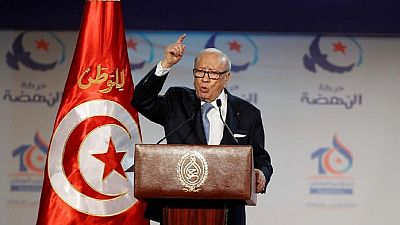

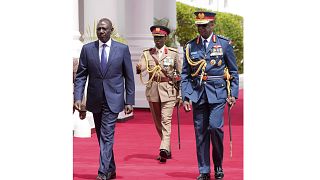


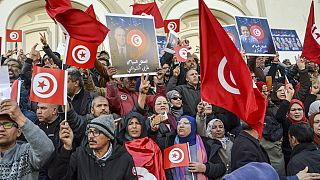
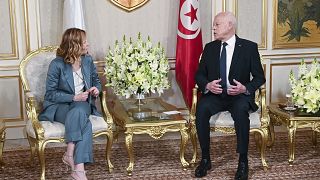


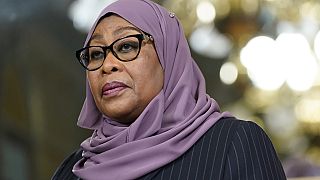
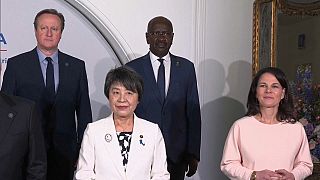
01:01
American artist and author Faith Ringgold dies at 93
01:05
Tunisia jails president's critic Ben Mbarek for six months
Go to video
Imprisoned Tunisian opposition leader Rached Ghannouchi initiates hunger strike in protest
Go to video
Tunisians vote in local elections on Sunday to fill a new chamber
01:14
COP 28: Youth delegation uses song in fight for climate justice
01:19
Tunisia: trade unionists protest over 4 members' arrest